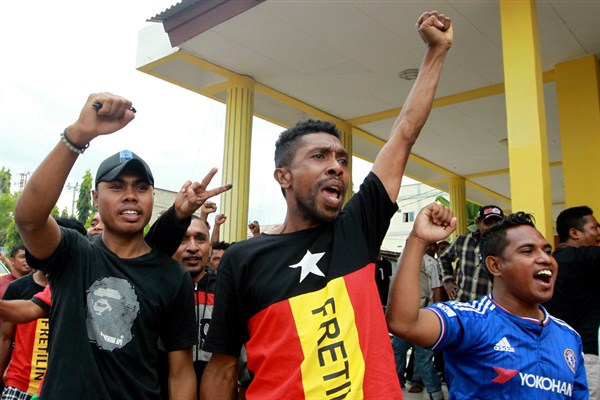Last month, former resistance fighter Francisco Guterres won an election to become East Timor’s next president. The vote was the third since factional fighting within the military triggered widespread violence in 2006, leading to a military intervention headed by Australia. In an email interview, Damien Kingsbury, professor of international politics at Deakin University in Australia, discusses how the vote unfolded and what the results mean for legislative elections planned for July.
WPR: How did the substance of this campaign compare to past campaigns, and what does that say about how the country is evolving more than a decade after the 2006 crisis?
Damien Kingsbury: East Timor’s 2017 presidential election was overwhelmingly peaceful, if colorful and sometimes noisy. The campaign process marked an increasing turn toward the normalization of politics in the country.

